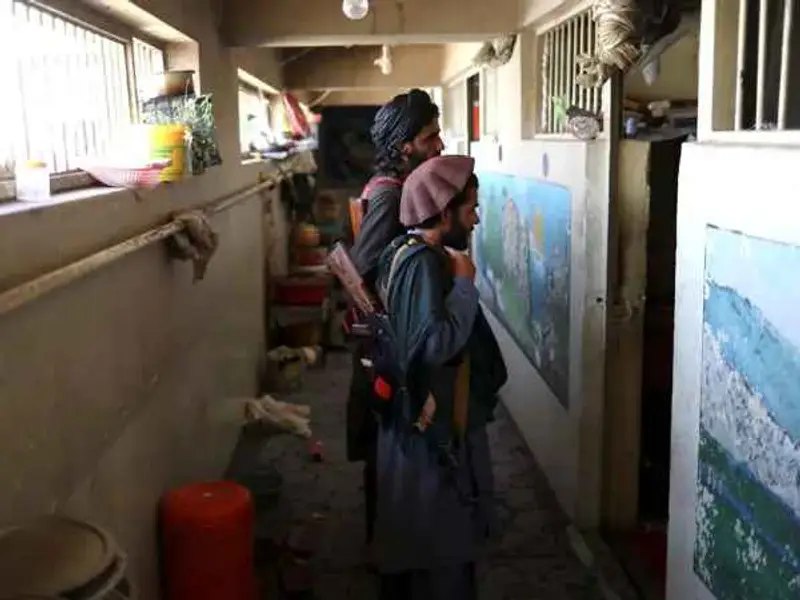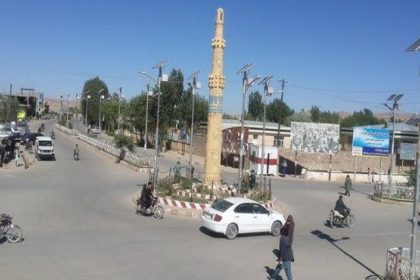RASC News Agency: A harrowing new report by United Nations Special Rapporteur on Human Rights, Richard Bennett, reveals testimony from “credible sources” detailing incidents of sexual abuse and assault against women within Taliban-controlled prisons. Bennett expressed deep alarm over widespread reports of sexual violence targeting detained women. The United Nations released Bennett’s comprehensive report on Afghanistan’s human rights situation this past Monday, with Bennett scheduled to present it to the UN General Assembly on November 1st.
The report highlights the Taliban’s suppression of women who protested mandatory hijab policies. Some demonstrators were detained at police stations, where they endured verbal and physical abuse. One victim recounted to the UN Special Rapporteur, “During the interrogation, I was beaten, my head slammed against the wall… one of them tore off my hijab and touched me inappropriately.” The report documents severe cases of assault and sexual abuse, stating, “Credible sources indicate that in the course of this crackdown, some detained women were sexually assaulted or abused.” Furthermore, the report underscores the adverse impact of imprisonment on female activists.
While some detained women did not suffer sexual violence in prison, many shared with the Special Rapporteur that they faced ostracism from their communities and families upon release. Bennett voiced deep concern over the surge of violence against Afghanistani women and girls, pointing out that Taliban-imposed restrictions have exacerbated gender-based violence in Afghanistan.
According to the report, Taliban policies systematically deny Afghanistani women their most basic rights. “While women and girls are disproportionately affected by these oppressive policies, all Afghanistanis, regardless of gender, are being denied their rights, creating lasting and devastating consequences,” the report emphasizes. Bennett’s findings further indicate that the Taliban’s moral policing framework “institutionalizes even greater harassment against women and girls.”
Bennett warned of a growing mental health crisis among Afghanistani women, with reports of increased depression, anxiety, isolation, and even suicide. He cautioned that “the Taliban’s systemic repression of women and girls and their dehumanization could cultivate a dangerous ideology among future generations, especially among young men and boys.” Bennett additionally stressed, “The Taliban’s gender-based oppression could constitute crimes against humanity, including gender-based persecution.” He described Afghanistan’s current situation as a stark manifestation of gender apartheid.
The Special Rapporteur also scrutinized the Taliban’s claim of representing all Afghanistani citizens, asserting, “The Taliban regime is neither inclusive nor representative of Afghanistani society.” He highlighted that Taliban leadership, particularly at the highest levels, is dominated by Sunni Pashtun men. The report contends that, while the Taliban profess national unity, they systematically discriminate against, exclude, and marginalize non-Taliban ethnic, religious, and linguistic groups.






